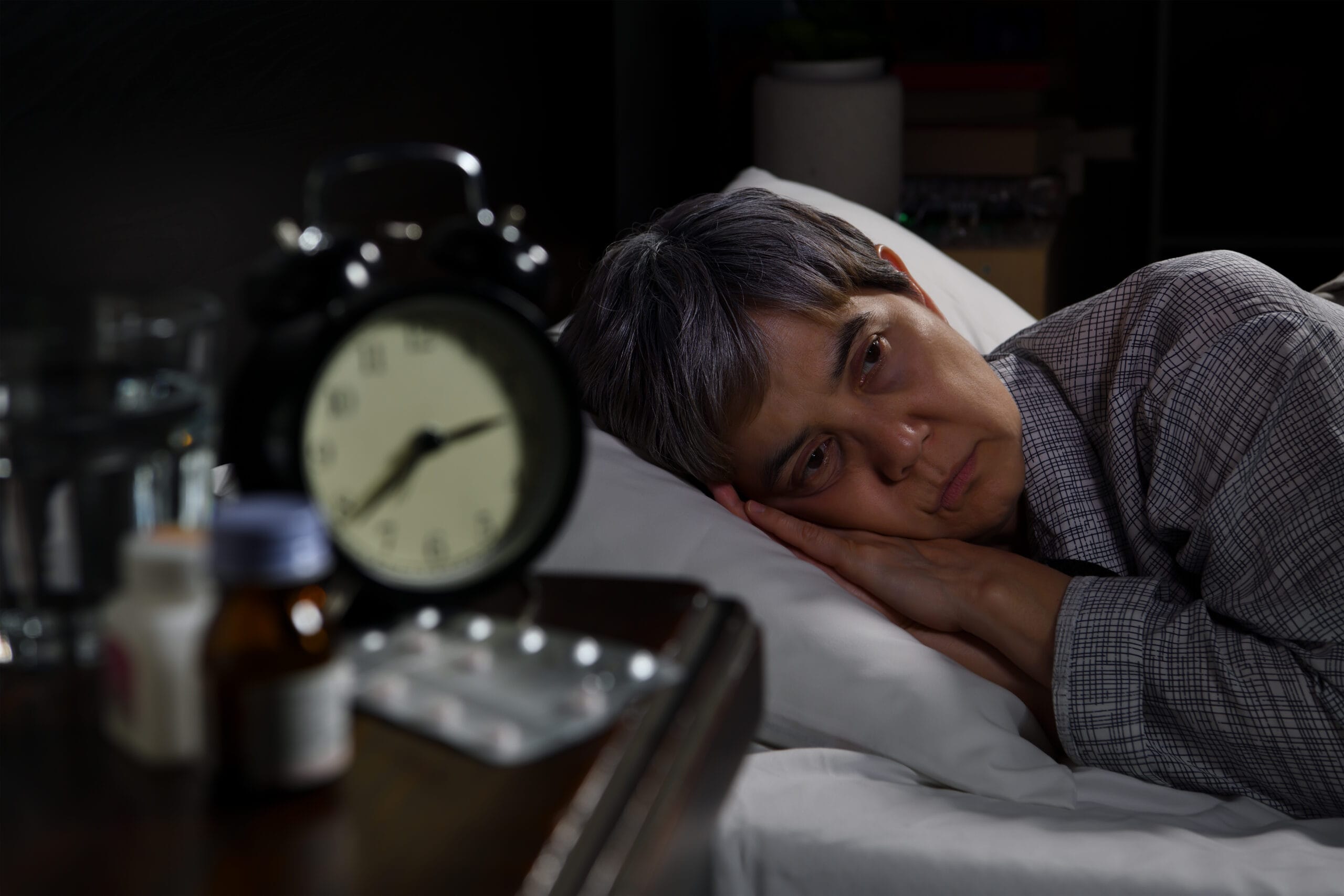Getting enough sleep is extremely important for the body to rest and recover. When you experience prolonged insomnia, your body will be affected in many negative ways. As a result, your physical health will decline and your life will be negatively affected.

How much sleep to avoid insomnia?
The harmful effects of prolonged insomnia
susceptible to illness
Many studies have shown that sleep plays an important role in the functioning of the immune system. When you lose sleep, your body's ability to fight disease is reduced, making you more susceptible to illness. Furthermore, when you are sick, you often lose more sleep during the recovery process.
Adverse effects on cardiovascular health
An analysis published in the European Heart Journal found that both too short (less than five hours a night) and too long (more than nine hours a night) sleep have negative effects on cardiovascular health. In particular, the risk of coronary heart disease or stroke is increased in people with long-term insomnia.
Increased risk of cancer
According to the American Academy of Sleep Medicine, chronic insomnia can increase the risk of cancers such as breast cancer, colon cancer, and prostate cancer.
Reduced brain thinking ability
Just one night of sleep deprivation can lead to problems with thinking and cognition. In one study, a group of 18 people performed various tasks after a full night of sleep and after a sleepless night. The results showed that after sleep deprivation, brain functions such as decision-making, reasoning, problem-solving, reflexes, and alertness were all impaired.
Effects on memory
Sleep helps your brain store information from the previous day. Sleep deprivation makes you more forgetful and negatively impacts your ability to learn and remember.
Decreased libido
Lack of sleep can affect sexual health. Young men who lost sleep for a week had lower testosterone levels than those who got enough sleep. Sleeping five hours or less a night can reduce sex hormones by 10% to 15%.
Weight gain
Sleep deprivation makes it harder to control weight. A study looked at the relationship between sleep and weight in 21,469 people over the age of 20. The results showed that people who slept less than 5 hours a night were more likely to gain weight and become obese.
Increased risk of diabetes
Too little or too much sleep increases the risk of diabetes in adults. Getting 7 to 8 hours of sleep each night is ideal for preventing diabetes-related problems.
Increased risk of accidents
According to the National Sleep Foundation, people who sleep less than six hours a night are three times more likely to be involved in a car accident than those who get enough sleep. Those at highest risk include shift workers, long-haul truck drivers, and anyone who works long hours. If you’re not getting enough sleep, think twice before getting on the road.
Bad effects on skin
A study on sleep and skin conditions found that people with chronic sleep deprivation had significantly more wrinkles, crow's feet, uneven skin tone, and less firmness. They were also more likely to be dissatisfied with their appearance than people who got enough sleep.





